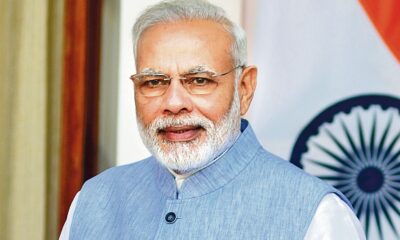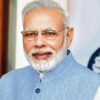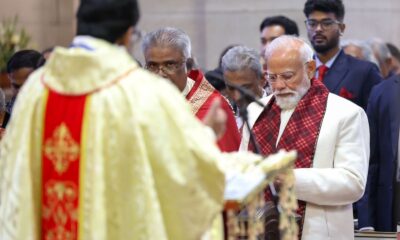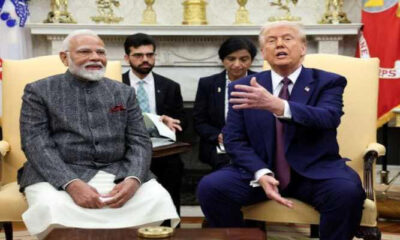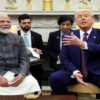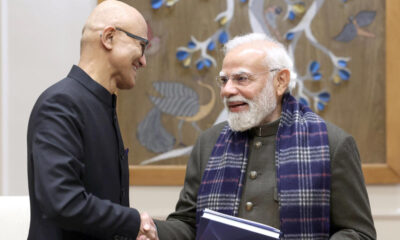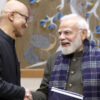India to Champion Global South at G7, Pushes Balanced Diplomacy: Jaishankar
As Prime Minister Narendra Modi prepares to attend the upcoming G7 summit in Canada, External Affairs Minister S. Jaishankar reaffirmed India’s intent to serve as a bridge between developed and developing nations, emphasizing its role as the voice of the Global South and a key player in international diplomacy.
Speaking to AFP in Paris ahead of the summit, Jaishankar said, “There are very strong feelings in the Global South about the inequities of the international order, the desire to change it, and we are very much part of that. It is important for us to organise ourselves and make our presence felt.”
Though India is not a member of the G7 — a bloc comprising the US, UK, France, Germany, Italy, Canada and Japan — it has been regularly invited to participate since 2019, reflecting its growing influence as the world’s most populous country and one of its fastest-growing economies.
India, a leading voice within the BRICS grouping (Brazil, Russia, India, China and South Africa), is seen as a balancing power amid a polarizing global landscape. BRICS, with increasing economic clout, is often viewed as a counterweight to the G7. The upcoming BRICS summit in July is expected to reinforce this narrative.
Highlighting India’s unique ability to engage across geopolitical lines, Jaishankar said, “We have the ability to work with different countries without making any relationship exclusive. To the extent that serves as a bridge, it’s a help we provide to international diplomacy, especially at a time of excessive tensions.”
Focus on Dialogue, Not Sanctions
Addressing the Russia-Ukraine war, Jaishankar reiterated India’s longstanding position in favour of diplomacy and dialogue. “We’ve always advocated direct talks between Russia and Ukraine since 2022,” he noted. India, which maintains strong ties with Moscow, has refused to endorse Western sanctions against Russia.
Questioning the effectiveness of punitive measures, he remarked, “You could argue that sanctions have not had much impact on policy behaviour.” The comments come amid European proposals for secondary sanctions and steep tariffs on countries trading with Russia — policies India is unlikely to support.
“The world does not need more tension, more conflict, more hostility,” Jaishankar added, advocating restraint and pragmatic solutions.
Strategic Balancing with China
India’s relationship with China remains complex, particularly after the 2020 border clashes in the Galwan Valley that killed 20 Indian and at least four Chinese soldiers. While tensions continue across the Himalayan frontier, Jaishankar signalled a dual-track approach.
“Where we have to be strong and firm, we will be. But where we have to forge a stable relationship, we are prepared to do that,” he said. Despite strategic rivalry, both India and China are “major rising powers” and must find ways to coexist amid shared global responsibilities.
Trade Talks with U.S.
The G7 summit is also expected to include bilateral discussions between PM Modi and U.S. President Donald Trump. The two leaders are likely to address trade relations, especially ahead of the July 9 deadline when the U.S. may reimpose 26% tariffs on Indian exports.
Jaishankar described Trump as “a very nationalistic person who puts his country’s interests first,” acknowledging the challenges but also the potential for cooperation.
As India takes its place at the G7 table, it brings with it not just economic weight but also a nuanced diplomatic approach rooted in balance, dialogue and inclusive development — a voice the Global South hopes will be heard louder than ever.
IT.













